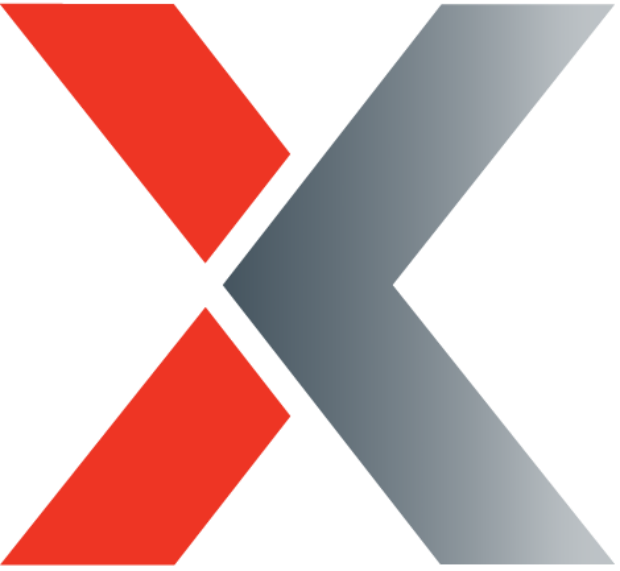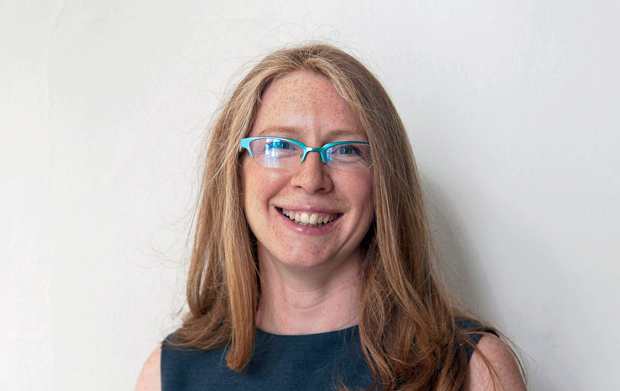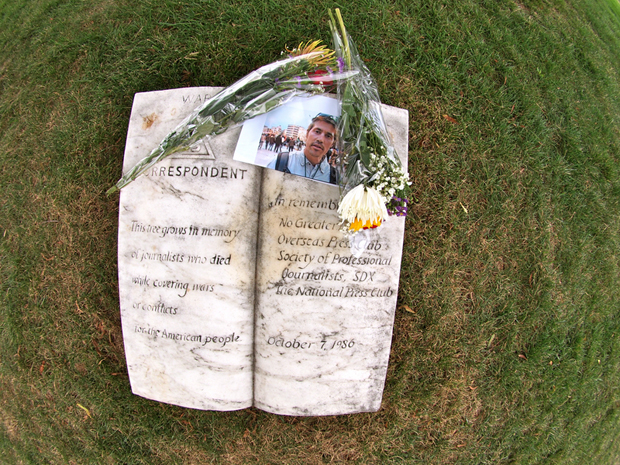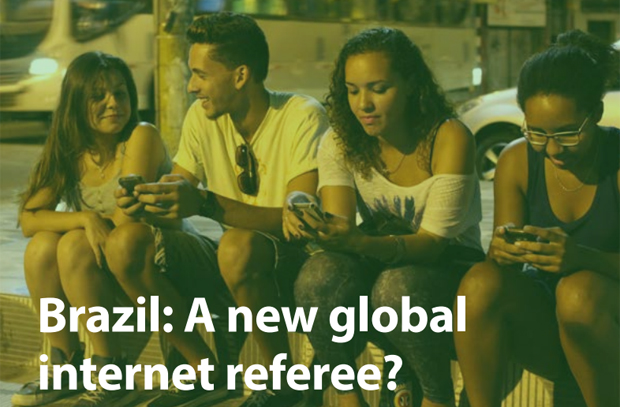An international coalition of organisations has called for immediate action to condemn the internet shutdown in Uganda


An international coalition of organisations has called for immediate action to condemn the internet shutdown in Uganda

In a keynote speech at the Internet Librarian International conference, Jodie Ginsberg explored the rights to privacy, security – the right to life – and freedom of expression in an information age

There is a difference between individuals exercising their right not to view or share a video, and companies such as Twitter — or indeed the police force — denying people the right to view it, writes Index CEO Jodie Ginsberg

In practice, the Court of Justice of the European Union’s ruling on the “right to be forgotten” was far too blunt, far too broad brush, and gave far too much power to the search engines to be effective.
The following is a transcript of a joint oral statement, led by ARTICLE 19 and supported by several IFEX members, that was read aloud today, 19 June 2014, at the 26th UN Human Rights Council session in Geneva: Thank you Mr. President, Two years ago...

With the adoption of a progressive legislation on internet rights, Brazil is taking the lead in digital freedom, but more works needs to be done to protect freedom of expression.

Key debates are under way at international level on internet governance, with crucial decisions up for grabs that could determine whether the internet remains a broadly free and open space, with a bottom up approach to its operation – as exemplified in part by the multistakeholder approach – or becomes a top-down controlled space as pushed for by China and Russia, supported to some extent by several other countries.

Brazil is the world’s second-biggest user of both Facebook and Twitter, with already 65 million Facebook users and 41.2 million tweeters and counting.

When it comes to the internet, Brazil is a conundrum. On the one hand it is among the top requesters to Google and other internet firms for content takedowns. On the other hand, Brazil has passed a progressive law — Marco Civil — putting it on a footing to be one of the world leaders on internet freedom.